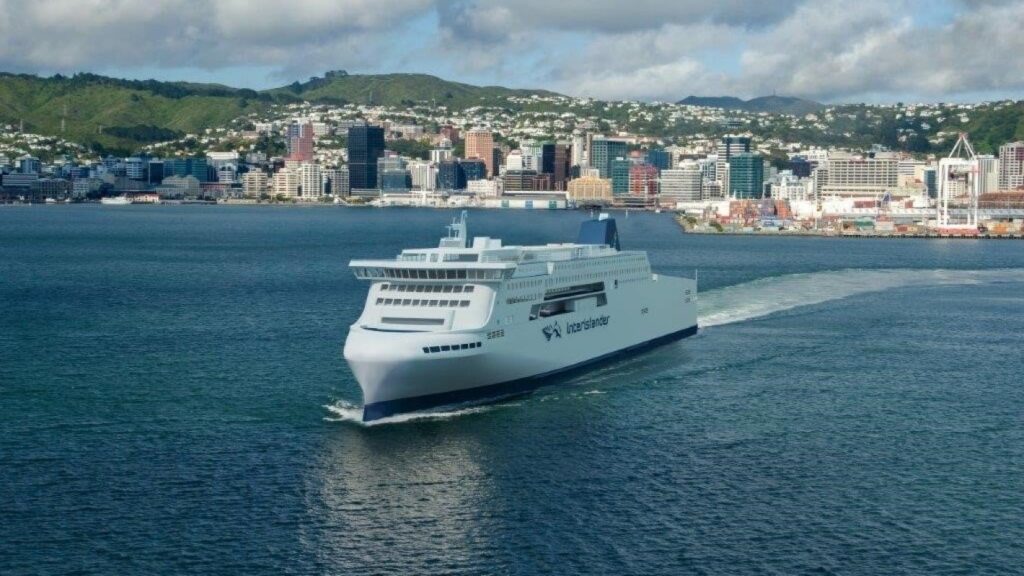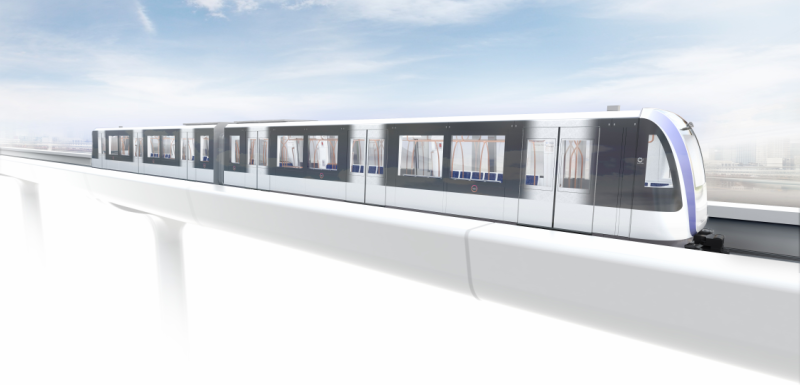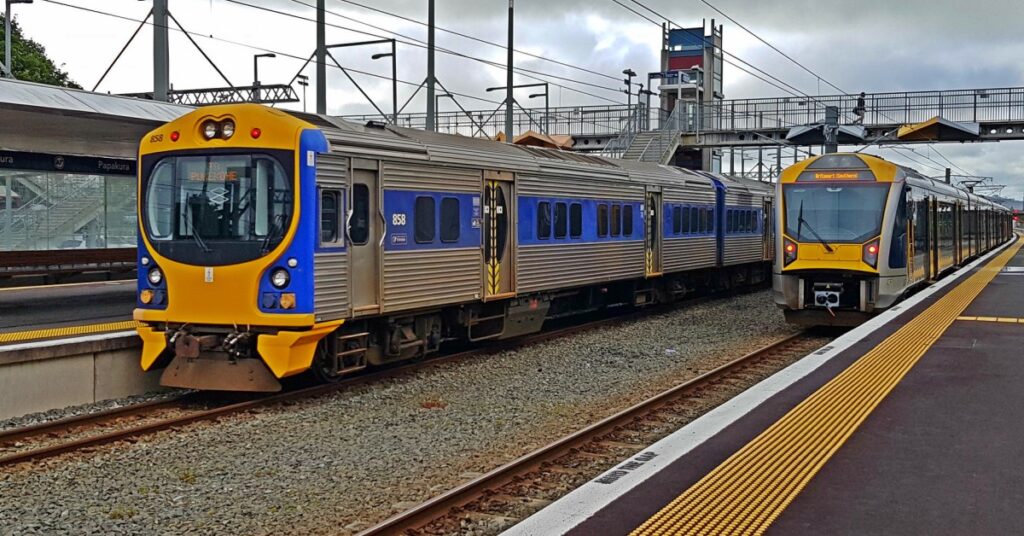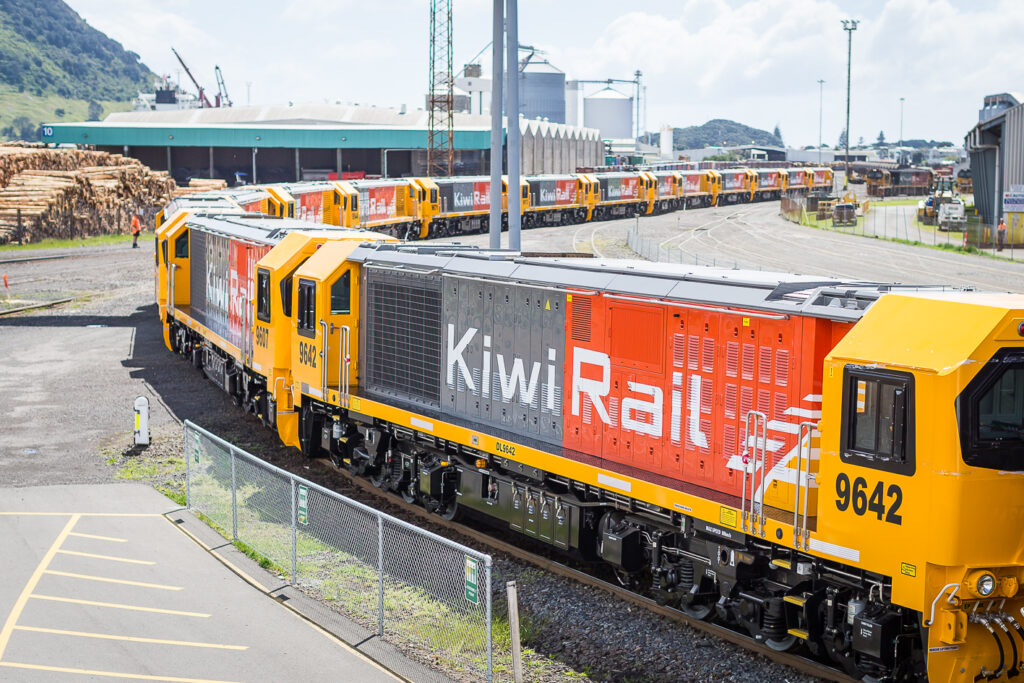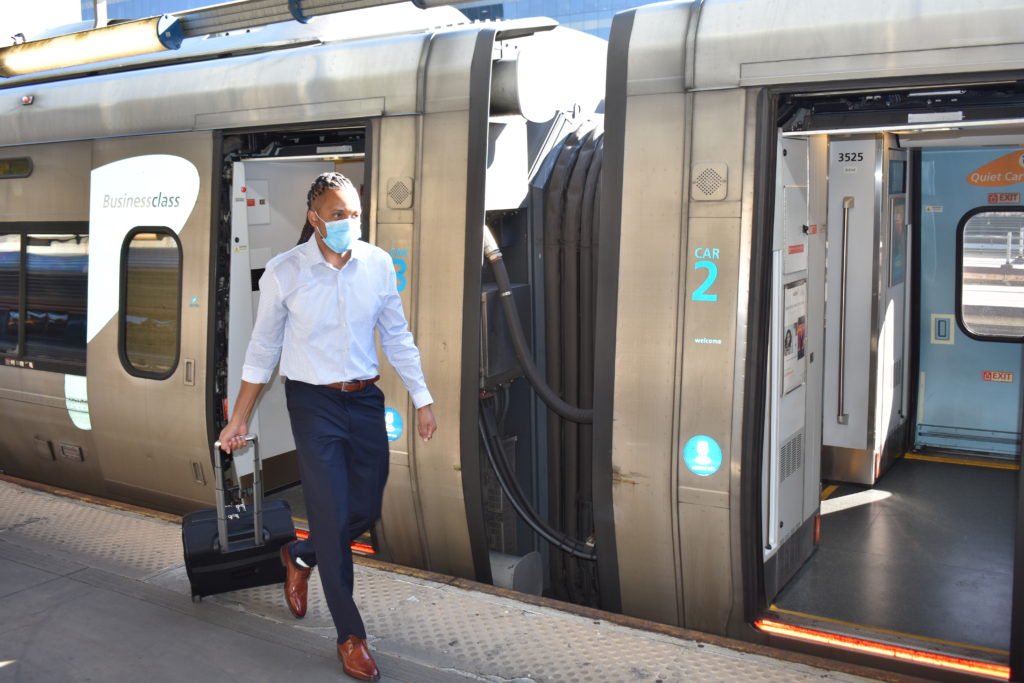Hyundai Mipo Shipyard Chosen to Build New Interislander Ferries
KiwiRail has named world-renowned Hyundai Mipo Dockyard (HMD) based in Ulsan, South Korea as its preferred shipyard to build the two new Interislander ferries. KiwiRail Chief Executive Greg Miller said the decision to work with…
